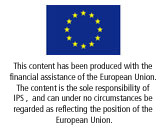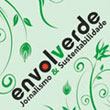By Isaiah Esipisu
RIO DE JANEIRO, Jun 18 (TerraViva) As the first World Summit of Legislators concludes here, the Kenyan delegation has warned that the world’s developing nations must be careful when putting a monetary value on natural resources.
“Developing the (idea of) a natural capital account is a wonderful concept that we should all embrace. But we must be sure that there is no conspiracy from the developed world to take advantage of unexploited natural resources in Africa and other developing countries,” said Hon. Kiema Kilonzo, a Kenyan legislator and one of the Kenyan delegation to Rio+20 conference.
Similar scepticism was expressed by the coordinator of the African team of negotiators at the ongoing U.N. Conference on Sustainable Development, also known as Rio+20.
“Issues of natural capital are sovereign issues of every country. Such issues should not be discussed in such a multilateral environment and platforms. How does a country like Brazil know what its natural capital is, for example? This is a dangerous debate,” said H.E Macharia Kamau, the coordinator of the African team.
He cited the example of Alaska, which was sold by Russia to the United States before it was known to have vast oil reserves.
“In 1960, Botswana had a per capita of 60 dollars. Yet nobody knew that it had diamonds and coal as unexplored natural capital,” said Kamau, who also serves as the Kenyan ambassador to the United Nations.
He observed that in many cases, African countries do not have the ability to assess the value of their natural capital. “The most important thing is that we need technology transfer, resources capital, proper institutions and political goodwill – without referring on any country’s natural capital potential,” he said.
Natural capital refers to a range of physical assets within the natural environment, such as soil, biodiversity, water, forests, and others which deliver value as ecosystem services.
“We are not saying that we want to repeat mistakes made in the past when the developed countries depleted their environmental capital in their quest for development. We should not reinvent the wheel. What we are saying is that the developed world should take the responsibility to finance, facilitate the technology transfer for African countries to exploit their resources and develop sustainably,” said Kilonzo.
He referred to a position put forth by the Indian delegation at the World Summit of Legislators in Brazil that “all developed countries cleared trees and forests in order to construct roads. Yet, as much as we do not want to repeat the mistake, there is no way we can construct ours without clearing the way first,” he said.



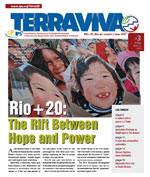
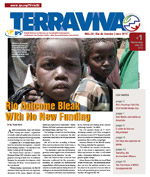
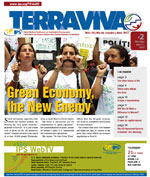

 Add to Google
Add to Google




